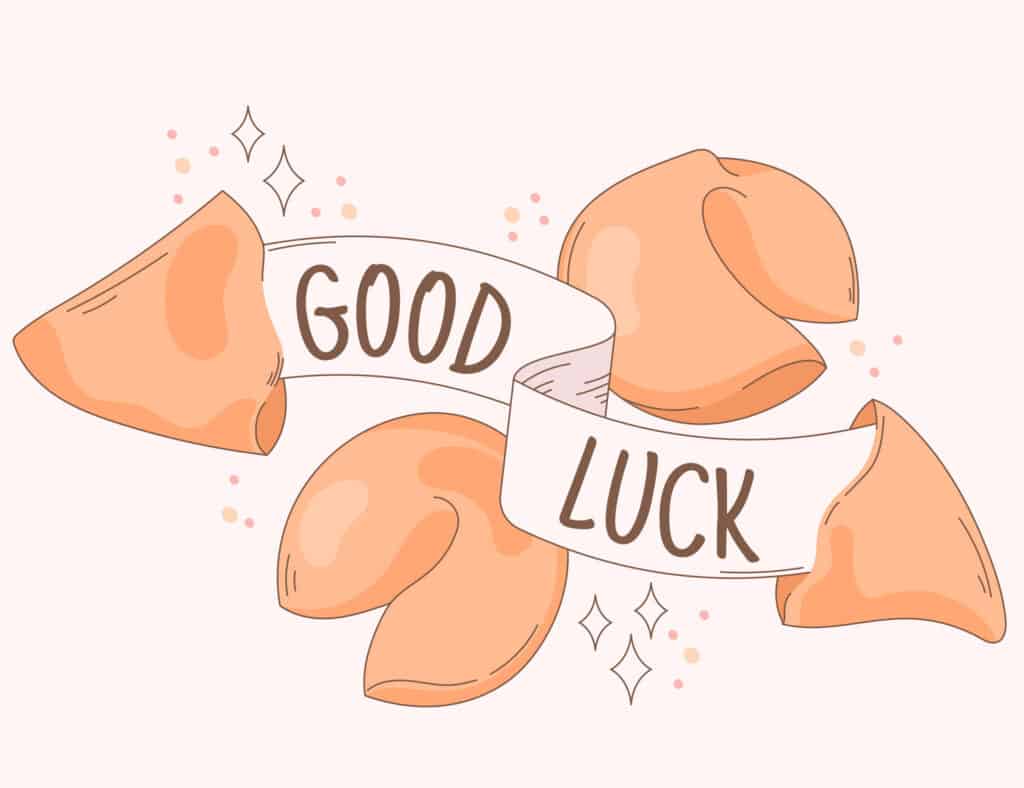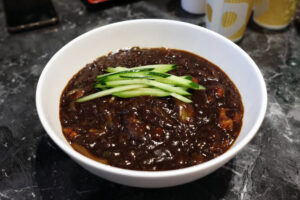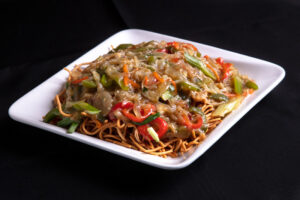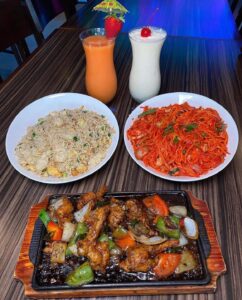Whenever Americans go to Chinese restaurants, we expect fortune cookies to be brought out with our check. If you go to China, you probably won’t find any. So, is it something we created in America? Not quite.
Evidence shows that it originated in Kyoto, Japan, during the 19th century. Makoto Hagiwara was a Japanese immigrant who worked as a caretaker of the Japanese Tea Gardens in San Francisco since 1895. Between 1907 and 1914, he began serving fortune cookies to guests.

The cookies were based on Japanese senbei (grilled rice wafers). According to sources, the cookies contained thank you notes instead of fortunes. Hagiwara was once fired by a racist Mayor, but was later rehired. Many believe this was his way of thanking the public.
David Jung’s Claim and the Court’s Ruling
David Jung, founder of Hong Kong Noodle Company in Los Angeles, claimed that he is the original inventor of the the cookie. In 1983, San Francisco’s Court of Historical Review attempted to settle the dispute. During the proceedings, one of the key pieces of evidence was a message inside the cookie that read, “S.F. judge who rules for L.A. Not Very Smart Cookie.” A federal judge from San Francisco determined that the cookie originated from Hagiwara, and the court ruled in favor of San Francisco.
Origin of Fortune Cookie in Japan
Traditional fortune cookies go by many different names: tsujiura senbei (“fortune crackers”), omikuji senbei (“written fortune crackers”), and suzu senbei (“bell crackers”). In Japan, they aren’t nearly as popular as they are in America. They even taste slightly different than American’s because they are flavored with miso and sesame, rather than vanilla-butter. Traditional fortune cookies were also shaped by hand with chopsticks. By 1964, the Lotus Fortune Cookie Company invented an automatic machine that helped fortune cookies reach mass production.
The Journey of Fortune Cookie to Chinese Restaurants in the USA
The big questions is…if the cookie is Japanese, why are they in Chinese restaurants? This has been a hot debate since it has been hard to pinpoint the exact answer, but this is what we found.
Introduction in the 40s: During World War II
We can trace the answer back to World War II. When over 100,000 Japanese Americans were forced into internment camps, the bakeries that produced the cookies came to a halt. Chinese entrepreneurs quickly stepped in to fill the gaps. Regional Chinese restaurants in California began to make and sell the cookies, but they were called “fortune tea cakes.” Military personnel discovered them on their way home from the Pacific Theater. When the men returned home, they asked their local Chinese restaurants why they didn’t serve authentic fortune cookies like the restaurants in San Francisco.
Big and Rapid Production by Chinese Bakeries in the late 50s
Soon, restaurants learned about the cookie, and it rapidly spread throughout the country. By the late 1950s, small Chinese bakeries and cookie companies were producing around 250 million cookies each year. Today, Wonton Food Inc. of Long Island City ships out 60 million cookies each month! While the flavor of the cookie isn’t what makes it so popular, the fortune inside sets it apart.
Became a Hit in the 60s with the Fortune Cookie’s Messages
Early fortunes featured biblical sayings or quotes. Later, they started suggesting lottery numbers and giving advice. By 1960, fortune cookies became so popular that they were used in 2 presidential campaigns: Adlai Stevenson’s and Stuart Symington’s. Some people have even customized fortune cookies for weddings or birthday parties. Today, fortune cookie messages are mostly cryptic, feel-good, or philosophical.
Ultimately, we can say fortune cookies were invented by the Japanese, popularized by the Chinese, and heavily consumed by Americans.
“Next time you crave the delightful combination of Chinese cuisine and the anticipation of cracking open a fortune cookie, visit Alings Chinese Bistro. Our authentic dishes will transport you to the flavors of China, while our homemade cookies add a touch of whimsy to your dining experience. Whether you’re seeking a satisfying meal or simply want to indulge in the joy of a perfectly crafted cookie, Alings Chinese Bistro is the place to be. For reservations or more information, please contact us at +1 281-242-0432. Embark on a culinary journey where the enchantment of the Fortune Cookie awaits you at Alings Chinese Bistro.”




